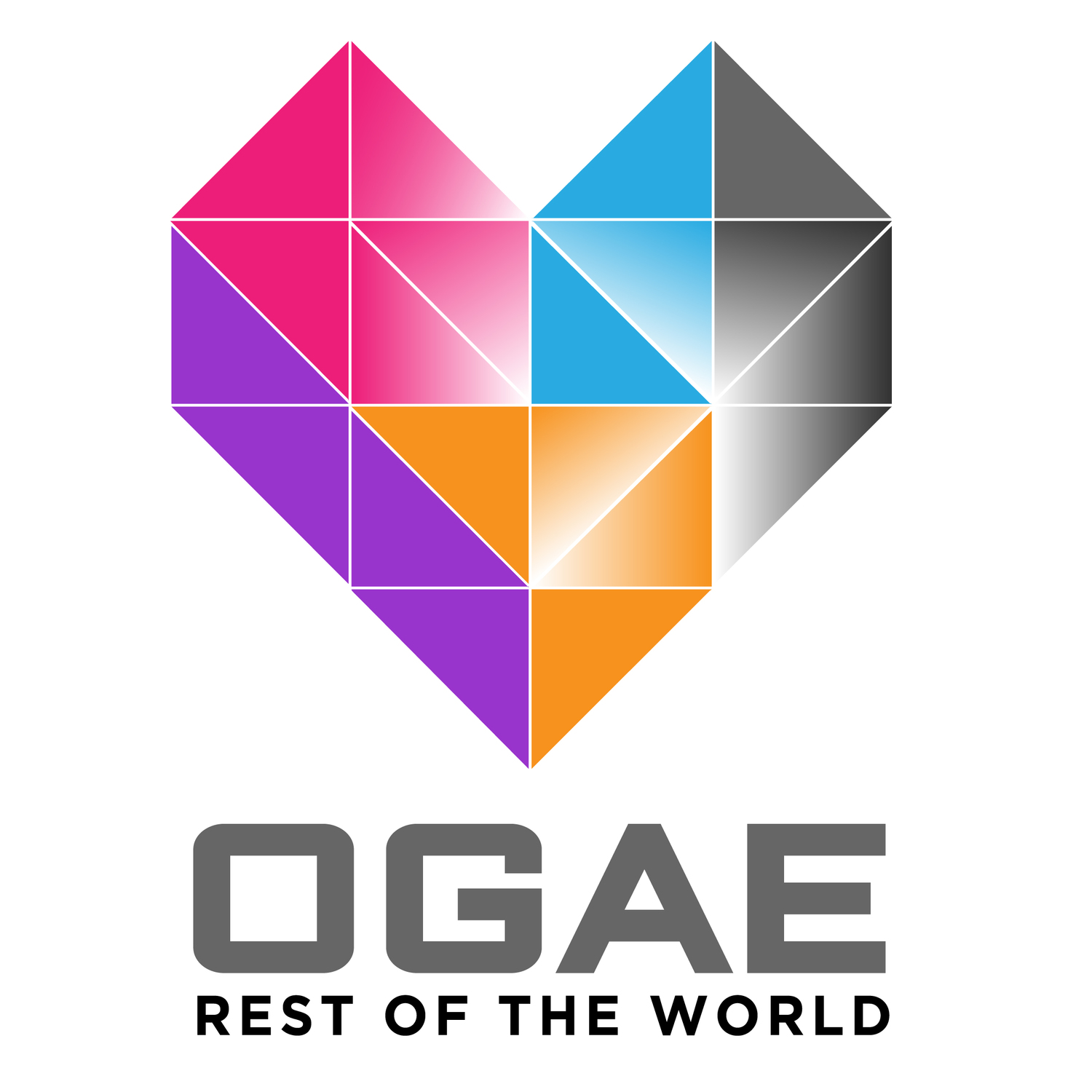Eurovision 1981 was held on 4 April 1981 at the RDS Simmonscourt Ballsbridge in Dublin, Ireland following the first Johnny Logan win. This, 26th Eurovision, hosted 20 countries, which was the record number at the time, which was reached only once before, in 1978.
Italy and Morocco opted out, Cyprus debuted, and Yugoslavia and Israel opted back in. It was interesting watching countries which no longer participate in Eurovision: Luxembourg, which already had a gloried history at Eurovision with several wins sent the 1961 winner to represent them again; Turkey seems to have always been a believer of sending the ethnic sound; and Yugoslavia remained the only communist nation to participate, sending a huge Bosnian star to this edition of the contest.
The voting was tense: there were five to six frontrunners from the start, and I’m not ashamed to say I cheered for Yugoslavia and West Germany. It wasn’t until the very last country (Sweden) voted that the winner would be known: UK’s Bucks Fizz with “Making Your Mind Up.” West Germany came in second, and France third. Sweden, who came in 10th, would later complain about the results, again stating the countries should be able to choose the language in which to sing. The biggest voting glitch was Yugoslavia’s, naturally: it took a while to get them on the phone, and when the host, Doireann Ni Bhriain asked for Yugoslavia’s votes, Helga Vlahovic in Belgrade curtly said she did “not have them”. All’s well that ends well, and Ms. Vlahovic proceeded to (still curly) announce Yugoslavian votes. The scoreboard glitched throughout, stubbornly taking away Turkey’s 9 points and turning them to zero, while giving hundreds of points to other countries just because.
Eurovision 1981 was broadcast to 500 million viewers, in countries far and wide, to include Australia, Iceland, Czechoslovakia, Bulgaria, UAE, South Korea, and Egypt, among others. This way, 500 million people got to see not only the famous Irish hospitality, but a sea, nay an ocean of contestants dressed in white and pastels, singing to the backing of tambourines, accordions, synthesizers, and disco sounds. Norway was the only country with the dreaded null points, Denmark proved to be the leader in diversity, and Finland showed they would continue to stand apart from trends by sending a reggae sound. One thing was clear even then - Eurovision was already the marvelous festival showing how we can all celebrate together, regardless of our taste.
